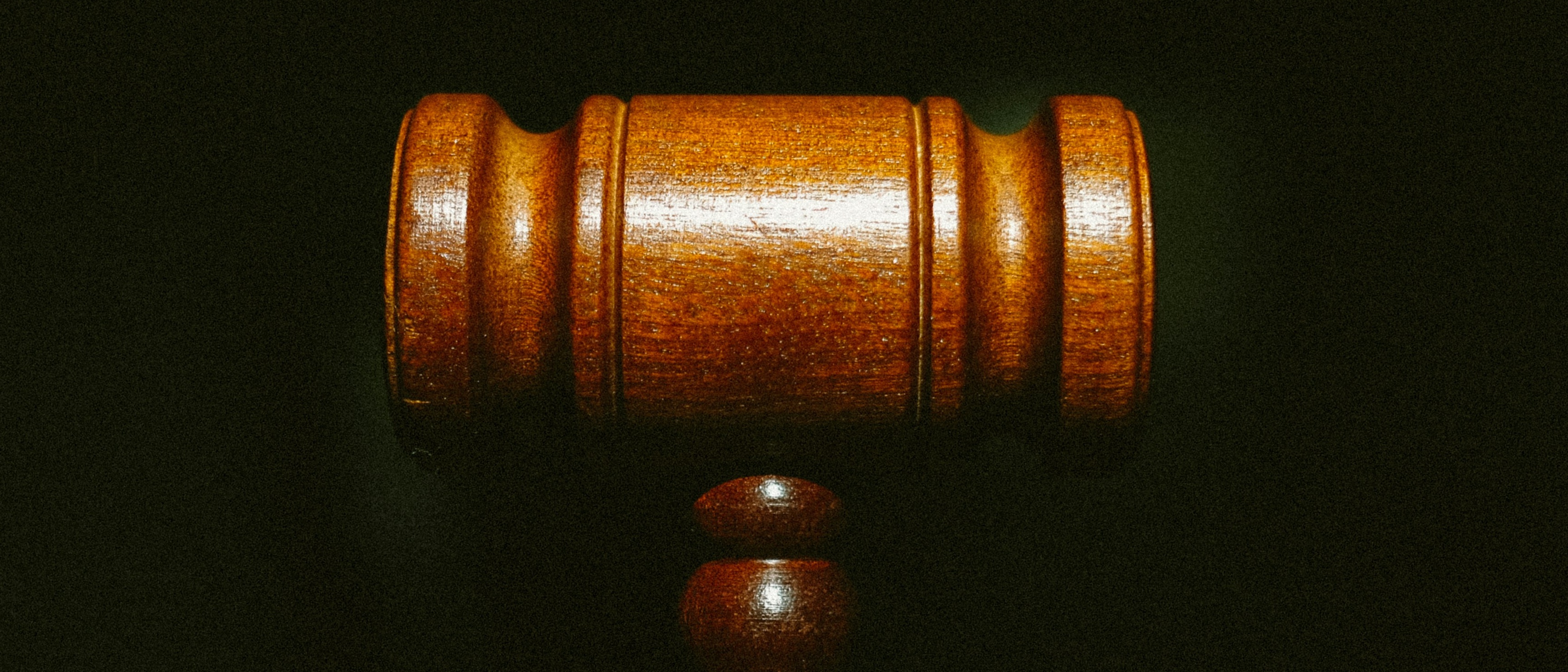Legal/Law/Criminal Justice and Reform
Federal Judge Upholds Arizona Law To Verify Voters’ Citizenship Status

Photo courtesy of Tingey Injury Law Firm
A federal district judge in Arizona on Thursday upheld a state law requiring verification of U.S. citizenship for voters after the Biden administration joined a lawsuit to strike it down.
On March 31, 2022, a group of plaintiffs, led by the Hispanic voting rights organization “Mi Familia Vota” filed a complaint in the U.S. District Court for the District of Arizona alleging that Arizona’s H.B. 2492 — a bill signed into law one day prior, which requires voters to provide proof of citizenship for complete registration — was unconstitutional. After the Biden administration filed a separate complaint that was consolidated in the case, the court on Thursday ruled that the provisions requiring proof of citizenship are constitutional, while granting some relief to the plaintiffs by striking down a requirement for voters to disclose their place of birth.
“Plaintiffs have not carried their burden to show that the Voting Laws’ remaining citizenship investigation procedures, [documentary proof of citizenship] requirements, and registration cancellation procedures violate the [National Voter Registration Act] or the [Voting Rights Act],” wrote Senior U.S. District Judge Susan R. Bolton, an appointee of President Bill Clinton, in her ruling. “Nor do these provisions impose an undue burden on the right to vote or violate the equal protection and due process guarantees of the U.S. constitution. Finally, the Court concludes that Plaintiffs failed to show that the Voting Laws were enacted with any discriminatory purpose.”
Mi Familia Vota v. Fontes, … by Daily Caller News Foundation
The plaintiffs had previously argued that H.B. 2492 constituted “a baseless assault on Arizona’s election system based on a conspiracy theory that non-citizens are voting, despite a persistent lack of credible evidence to support such claims,” according to the initial complaint, adding that it was part of “cynical and bad faith attempts to use these politically motivated and false allegations to limit access to voting by eligible, lawful citizens.” Among other counsel, they were represented by Elias Law Group, a firm headed by Marc Elias, who has led many election-related lawsuits on behalf of left-wing campaigns and candidates.
The Biden administration, meanwhile had argued that the law’s procedures would effectively deny U.S. citizens the right to vote if any state database erroneously listed them as non-citizens.
“If the applicant fails to produce [documentary proof of citizenship], then the applicant cannot vote in a presidential election or by mail ballot…[t]he applicant can vote in congressional elections, but only by casting a ballot in person,” wrote the federal government in its complaint.
Bolton’s ruling upheld most of H.B. 2492 and H.B. 2243, another bill that expanded state authority to peruse various government databases to identify non-citizens. However, she struck down H.B. 2492’s requirement for the listing of one’s place of birth on voter registration forms, due to the discrimination that naturalized U.S. citizens and certain natural-born U.S. citizens who were born abroad may face as a result.
Illegal immigration has surged under the Biden administration, with millions of migrants entering the southern border since 2021.
Border Patrol encountered roughly 1.6 million migrants at the southern border in fiscal year 2021, according to Customs and Border Protection (CBP) data. There were more than 2 million migrant encounters in fiscal year 2023.
“An individual’s place of birth is not dispositive of citizenship status, as individuals born outside the U.S. may be derived or naturalized citizens. County recorders do not use birthplace information to determine an applicant’s eligibility to vote, nor do county recorders need birthplace to verify an applicant’s identity,” wrote Bolton.
Arizona is considered an important battleground state in the 2024 presidential election. In the 2016 and 2020 presidential elections, it narrowly voted for Donald Trump and Joe Biden respectively, with its election laws being heavily criticized by Republicans during the latter election, though courts upheld the results.
Democratic Secretary of State Adrian Fontes of Arizona applauded aspects of the court’s decision that reversed portions of the laws, which were passed by the Republican-led state legislature and signed into law by Republican Gov. Doug Ducey at the time.
“Today’s opinion dismantles a blatant attempt to suppress the votes of Arizona’s diverse electorate. This ruling reaffirms that voter suppression has no place in our democracy, and attempts to disenfranchise citizens are a solution in search of a problem,” Fontes wrote in a press release. His office explained in the release that the decision “affirms that Arizona cannot mandate the inclusion of an individual’s place of birth on state voter registration forms, nor can it reject registrations that lack documentary proof of residence.”
Mi Familia Vota and the U.S. Department of Justice in the case did not immediately respond to a request for comment.
All content created by the Daily Caller News Foundation, an independent and nonpartisan newswire service, is available without charge to any legitimate news publisher that can provide a large audience. All republished articles must include our logo, our reporter’s byline and their DCNF affiliation. For any questions about our guidelines or partnering with us, please contact [email protected].

